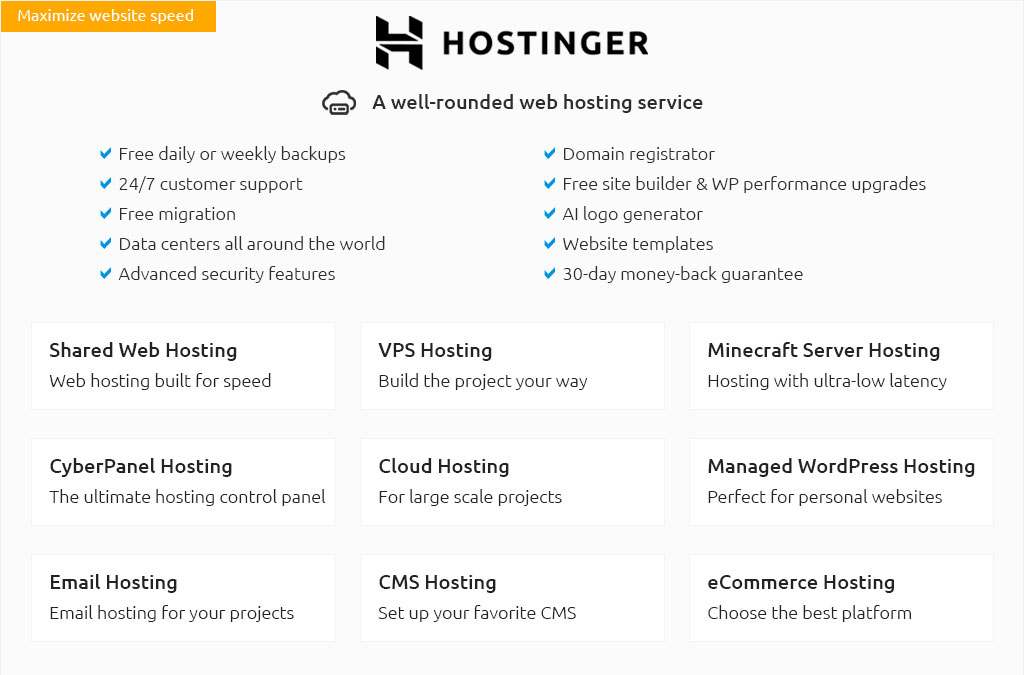 |
|||
 |
 |
 |
|
 |
|
 |
 |
 |
|||
 |
|||
 |
|||
 |
|||
 |
|||
 |
|||
 |
 |
Understanding Virtual Hosting Servers and Their ImportanceVirtual hosting servers have become a cornerstone in the digital landscape, providing a versatile and cost-effective solution for businesses and individuals alike. Whether you're launching a personal blog or managing a large-scale enterprise application, understanding virtual hosting can significantly impact your online presence. What Are Virtual Hosting Servers?Virtual hosting refers to a method where multiple domain names are hosted on a single server, allowing for more efficient use of resources. This approach is beneficial for reducing costs and maximizing server utilization. Types of Virtual Hosting
Advantages of Virtual Hosting ServersThe benefits of using virtual hosting servers are numerous:
When exploring options, consider website hosting with templates for a streamlined setup process that includes design templates. Choosing the Right Virtual Hosting PlanSelecting the right virtual hosting plan involves assessing your website's needs and growth potential. Consider factors like bandwidth, storage, and customer support. Evaluating ProvidersResearch various providers to find the one that best fits your requirements. Look for features like uptime guarantees, security measures, and customer reviews. For those on a budget, checking out the best cheap shared hosting options can be a great start. FAQsWhat is the difference between shared hosting and VPS hosting?Shared hosting involves multiple websites sharing the same server resources, making it more affordable but with limited control. VPS hosting offers a dedicated portion of resources, providing more flexibility and control, suitable for growing websites. How does cloud hosting differ from traditional virtual hosting?Cloud hosting uses a network of interconnected servers, providing higher scalability and reliability. Traditional virtual hosting typically relies on a single server, making it less flexible in resource allocation. Is virtual hosting secure?Yes, virtual hosting can be secure. It often includes built-in security features such as firewalls and regular backups. However, it's essential to choose a reputable provider and keep your software up to date. https://aws.amazon.com/what-is/vps/
A virtual private server (VPS) is a machine that hosts all the software and data required to run an application or website. https://www.godaddy.com/hosting/vps-hosting
VPS Hosting that's flexible, private, and affordable. Grow big projects with hardware plan options. Choose your ideal OS. Keep sites and apps 99.9% up. https://www.hostinger.com/vps-hosting
Experience rock-solid performance with NVMe SSD storage and AMD EPYC processors running on industry-leading HPE and DELL servers, spread across four continents.
|